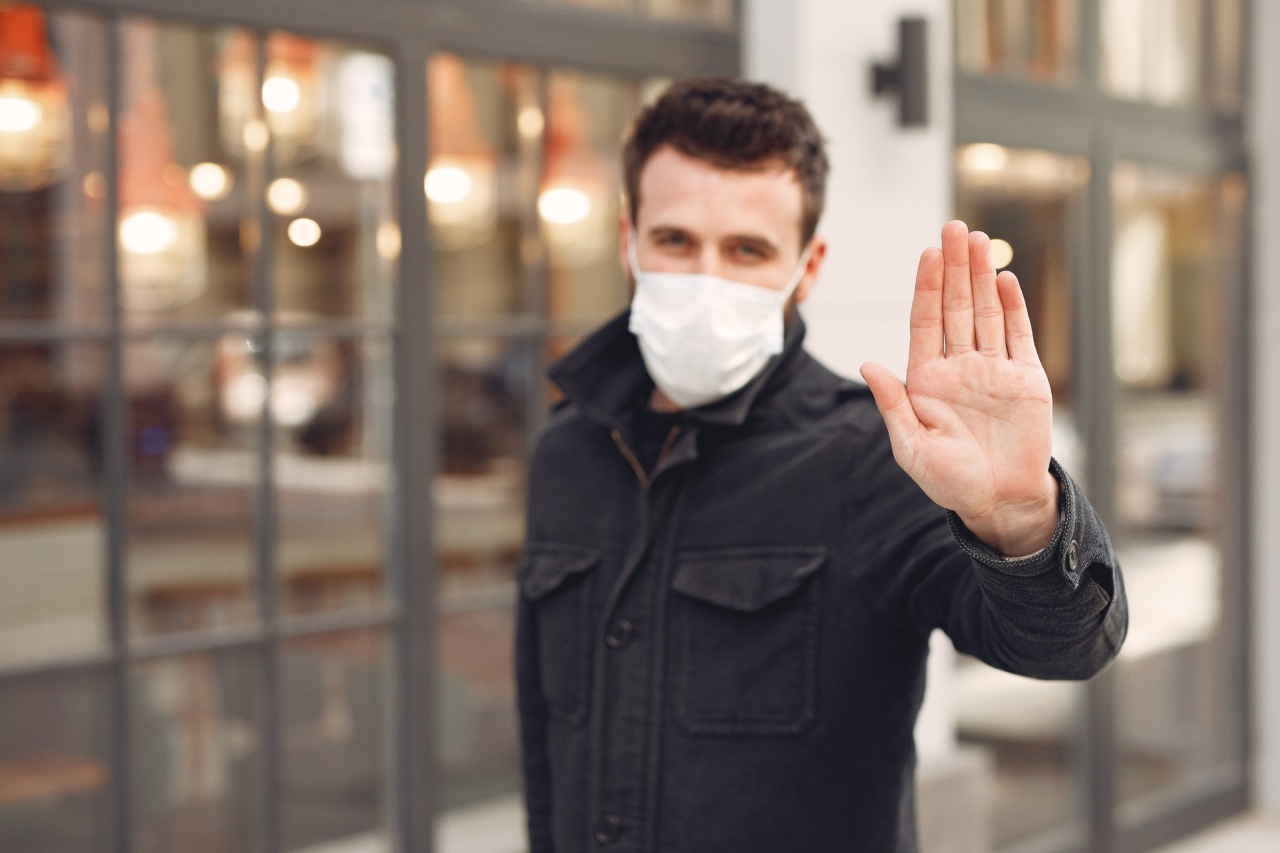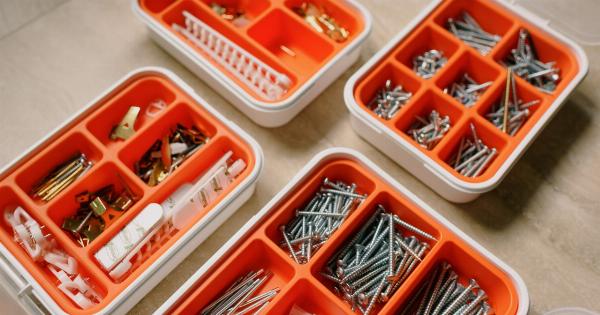Seasonal allergies can cause a lot of discomfort and misery. Millions of people suffer from seasonal allergies every year, and the symptoms can range from mild to severe.
If you are someone who suffers from seasonal allergies, you know how irritating and frustrating it can be. But there are things you can do to stop seasonal allergies from getting worse. In this article, we will discuss 10 ways to do just that.
1. Keep Your Home Clean
The first step to stopping seasonal allergies from getting worse is to keep your home clean. Dust, pollen, and other allergens can accumulate quickly, especially during allergy season. Regular cleaning will help to keep allergens to a minimum.
Vacuum your carpet and furniture, dust surfaces, and wash bedding regularly. Consider using a HEPA air filter to help trap allergens in the air.
2. Close Your Windows
One of the best ways to keep allergens out of your home is to keep your windows closed during allergy season. This will help to prevent pollen and other allergens from entering your home and aggravating your allergies.
If you need to cool your home, consider using an air conditioner instead of opening windows.
3. Use a Nasal Rinse
A nasal rinse can be very effective in reducing the symptoms of seasonal allergies. You can use a saline solution to rinse your sinuses and remove pollen, dust, and other allergens.
A nasal rinse can also reduce inflammation in the nasal passages, making it easier to breathe.
4. Take Antihistamines
Antihistamines can be very effective in reducing the symptoms of seasonal allergies. They work by blocking the release of histamine, which is the chemical that causes allergy symptoms.
There are many over-the-counter antihistamines available, but it is best to talk to your doctor before taking any medication.
5. Use a Dehumidifier
Using a dehumidifier can be helpful in reducing the symptoms of seasonal allergies. A dehumidifier can help to reduce the moisture in the air, which can help to reduce the growth of mold and dust mites.
Both mold and dust mites can aggravate seasonal allergies, so reducing their growth can be very beneficial.
6. Wash Your Hair and Clothes
Pollen and other allergens can easily stick to your hair and clothes. It’s a good idea to wash your hair and clothes as soon as you come inside to remove any allergens that may have attached themselves.
This will help to reduce the amount of allergens that you are exposed to and help to prevent your allergies from getting worse.
7. Stay Indoors During Peak Pollen Times
Pollen counts are typically highest in the early morning and early evening. If you can, try to stay indoors during these times to reduce your exposure to pollen.
If you need to be outside during peak pollen times, consider wearing a mask to reduce your exposure.
8. Avoid Certain Foods
Some foods can make your seasonal allergies worse. For example, bananas, cucumbers, and melons can worsen oral allergy syndrome, which is a condition that can cause itching and swelling in the mouth.
It’s a good idea to avoid these and other foods that may aggravate your seasonal allergies.
9. Consider Immunotherapy
If your seasonal allergies are severe, you may want to consider immunotherapy. This involves getting allergy shots or taking sublingual tablets that contain small amounts of the allergen.
Over time, your body will become less sensitive to the allergen, and your symptoms may improve.
10. Talk to Your Doctor
If you are having trouble managing your seasonal allergies, talk to your doctor. They can help you come up with a treatment plan that will work for you. They may also prescribe medication if your symptoms are severe.































